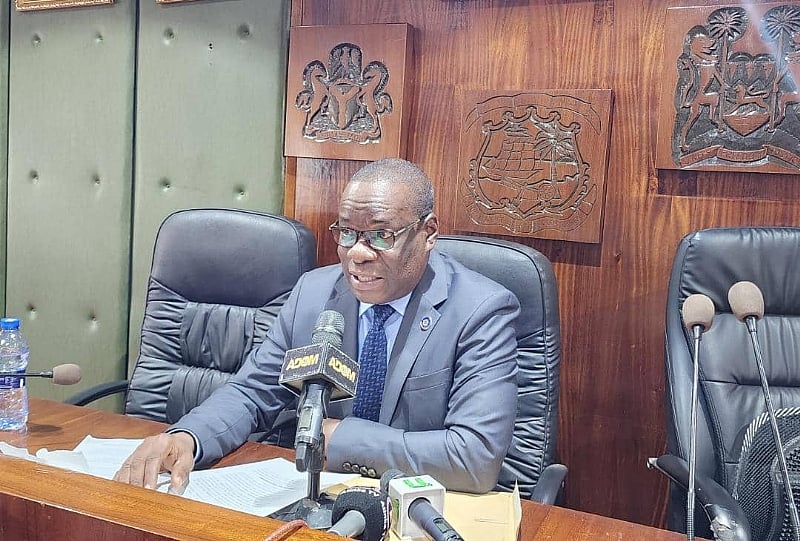The 2024 Basic Education Certificate Examination (BECE) is shrouded in uncertainty due to significant financial shortfalls faced by the West African Examinations Council (WAEC). The examining body urgently requires nearly 98% of the GH¢95.83 million needed to organize the examination. With the exam dates fast approaching, the situation has sparked widespread concern among stakeholders in the education sector.
As the examination dates approach, the education sector anxiously awaits a resolution that will ensure the smooth conduct of these crucial examinations. Adequate funding and logistical support are imperative for WAEC to uphold its commitment to delivering credible and fair assessments for students across the country.
Financial Shortfall and Its Implications: Is 2024 BECE Start date uncertain as WAEC Struggles with Funding?
WAEC has so far received only about GH¢2.3 million of the required GH¢95.83 million to successfully facilitate the BECE. The council has made it clear that at least 50% of the total amount is essential to commence the examinations, with additional funds necessary for processing and releasing the results. The BECE is scheduled to begin on Monday, July 8, and end on Monday, July 15, 2024, across all examination centers in the country, however, Is 2024 BECE start date uncertain?
John Kapi, the Head of Public Relations at WAEC, revealed in an interview with Graphic Online’s Severious Kale-Dery that despite some GH¢6 million being processed through the Government Integrated Financial Management System (GIFMIS), the funds have not yet materialized as actual cash. This delay in funding has cast a shadow of doubt over the timely conduct of the BECE.
Indebtedness and Supplier Relations
The current financial strain has led to a precarious situation where WAEC’s suppliers are hesitant to provide further materials on credit. According to Mr. Kapi, numerous suppliers had previously supplied essential materials such as bond paper, answer booklets, pencils, and other examination stationery on credit. However, due to WAEC’s outstanding debts, these suppliers are now reluctant to extend further credit for the upcoming West African Senior School Certificate Examination (WASSCE) for school candidates in 2024.
Impact of Late Fund Releases
The delayed release of funds has severely impacted every aspect of WAEC’s operations. The council has been forced to airfreight examination materials, a significantly more expensive option compared to sea freight. For instance, the airfreighting of script envelopes will cost around $29,000, whereas sea freight would have only cost about $6,500. The council urgently needs script envelopes for the BECE, but the current stock is insufficient, let alone for the WASSCE that follows.
Mr. Kapi emphasized that the late payments for examination logistical materials have compelled WAEC to purchase items locally at exorbitant prices due to buying on credit, limiting their ability to negotiate for better prices. Over the years, WAEC has relied on sea freight for cost-effective transportation of examination materials, but the time constraints this year have made that impossible.
Operational Challenges and Malpractice Prevention
To conduct the examinations efficiently, WAEC requires additional resources, including personnel and equipment such as scanners and biometric devices to curb malpractice. Although WAEC had some of these resources last year, the increasing number of candidates necessitates the procurement of more equipment and the recruitment of additional personnel. The council’s inability to introduce new measures to prevent malpractice is a significant concern.
Mr. Kapi also highlighted the agitation among supervisors, invigilators, examiners, and script checkers due to delays in payments from previous engagements. He reiterated WAEC’s commitment to conducting credible examinations and appealed for adequate logistics and funding to execute its mandate effectively.



